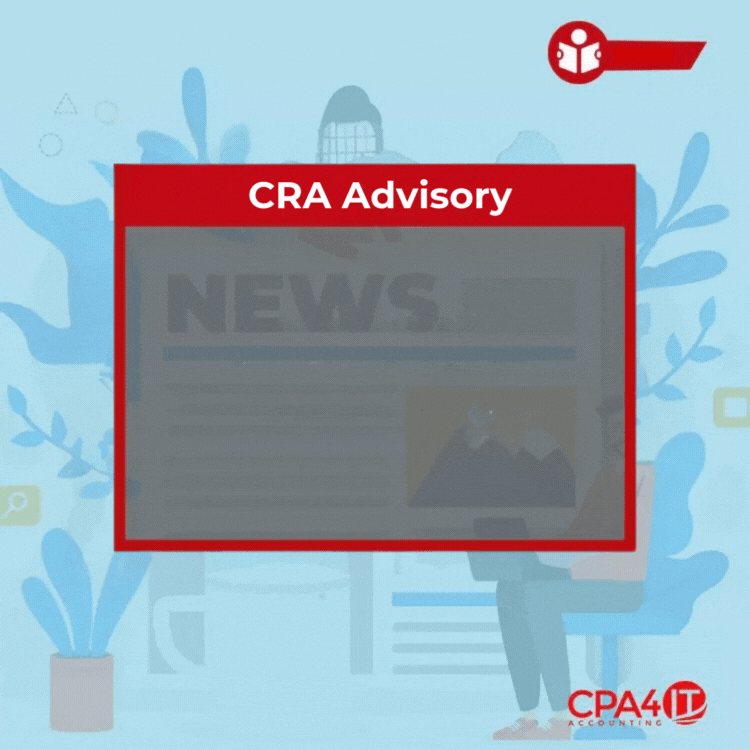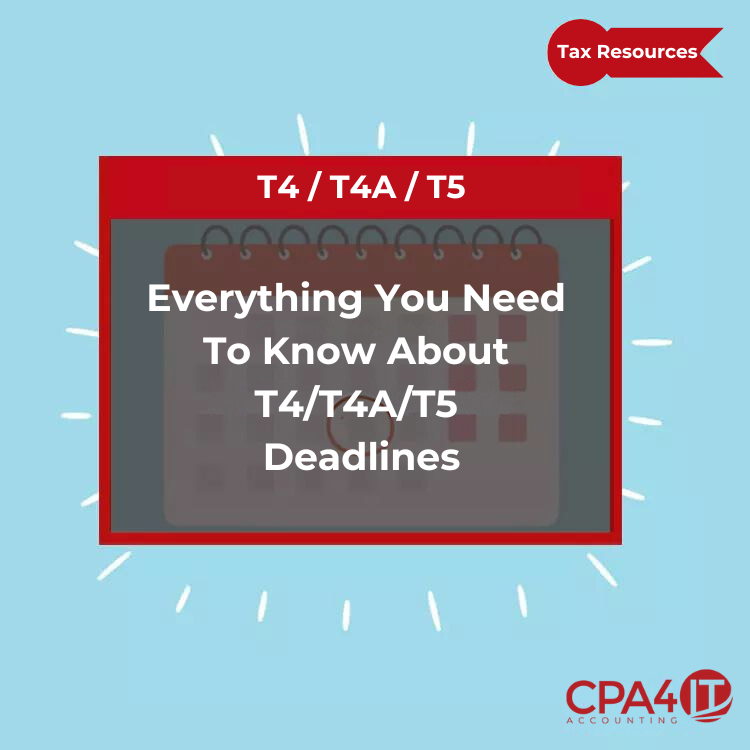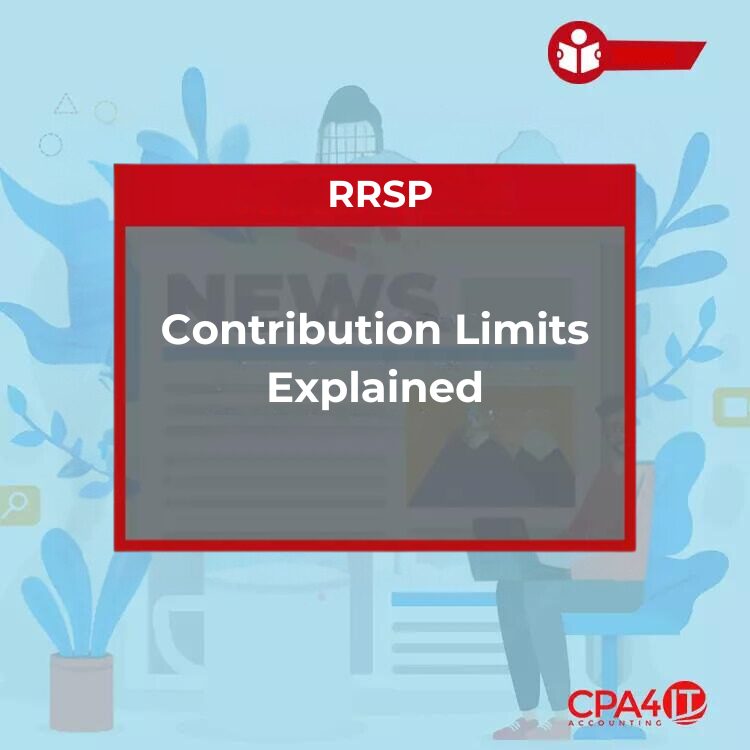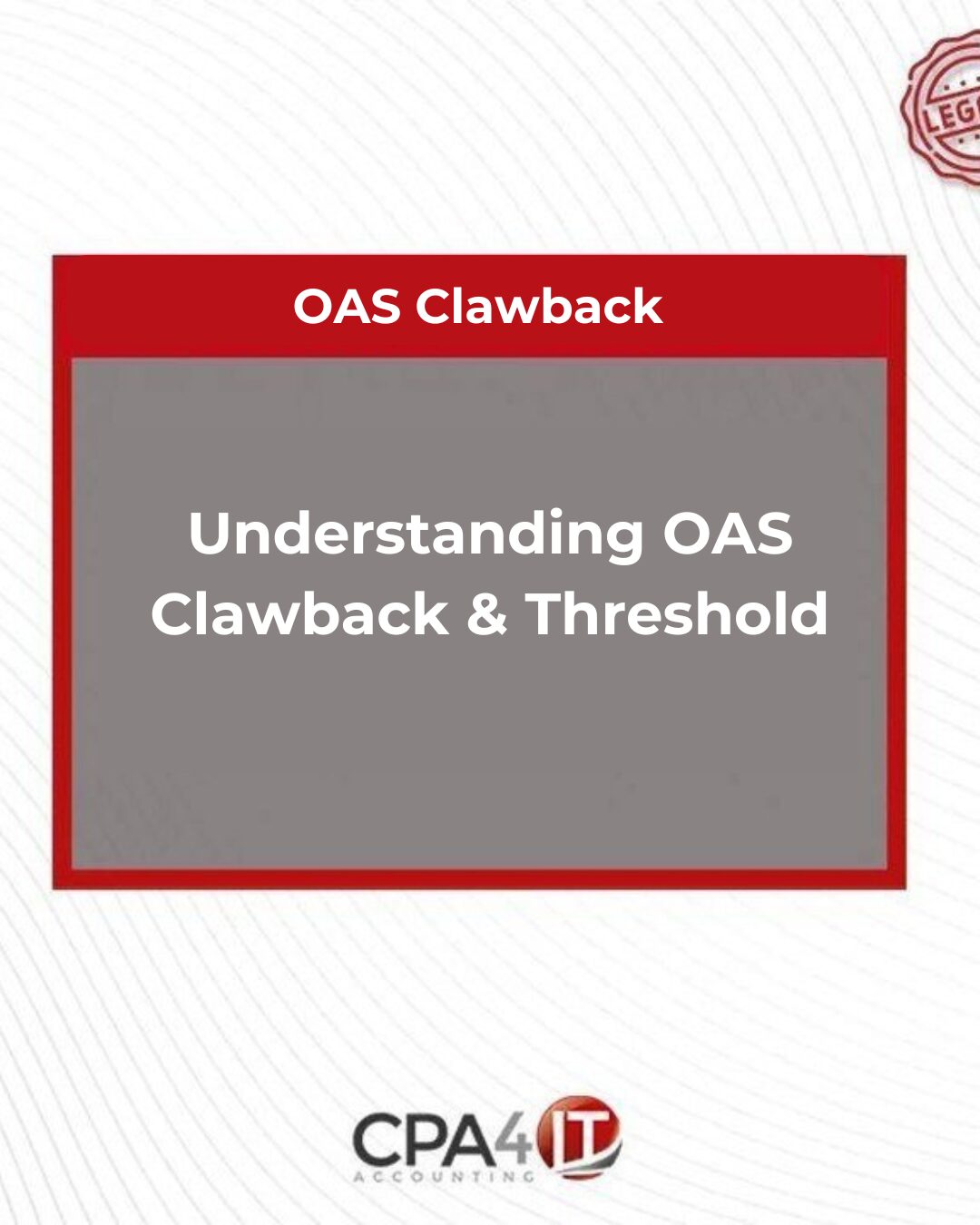The 2025 tax season has begun, but the Canada Revenue Agency (CRA) is advising Canadians who reported capital gains last year to hold off on filing their personal tax returns for now.
What Are Capital Gains?
Capital gains tax is applied to profits from the sale of non-inventory assets, such as stocks, bonds, or real estate, when these assets have appreciated in value. The Canada Revenue Agency (CRA) has specific guidelines and requirements for reporting capital gains. Failure to accurately report these gains can lead to penalties and interest. Therefore, it is essential to keep detailed records of the acquisition and disposal of assets, including dates and amounts.
Still Not Sure?
Still not sure? Don’t worry, we are here to help! Click here to book a FREE consultation with our experts to understand how this change impacts you and what is the best strategy for you going forward.
System Updates in Progress
The CRA recently announced in a press release that it is updating its systems to accurately reflect the current 50 percent inclusion rate for capital gains. This follows a last-minute decision by the federal government to maintain this rate. As a result, those who need to report capital gains on their T1 and T3 returns are being advised to delay filing until the updates are complete.
Recommendations for Taxpayers
The CRA suggests waiting a few more weeks before submitting tax returns for those affected by this change, according to the agency’s statement.
Status of Tax Forms and Software
CRA spokesperson Sylvie Branch informed Global News that the tax forms have reverted to the current inclusion rate. However, system adjustments and the certification of tax software for capital gains reporting are still in progress.
Branch explained that tax preparation software certifications are underway, with most expected to be ready before the end of March. She noted that until a tax software is fully certified, users might be unable to print or submit their returns to the CRA.
Additionally, she mentioned that until the CRA’s system modifications are complete, they cannot finalize the notice of assessment for submitted tax returns.
Extensions and Deadlines
The CRA is claiming they will not impose penalties or interest on taxpayers with capital gains who file late, extending the grace period until June 2 for individuals and May 1 for trusts. The general deadline for most people to file and settle any taxes due remains April 30, after which penalties and interest may accrue.
Background on Capital Gains
Capital gains refer to the profits from selling assets like stocks or investment properties.
Policy Changes and Delays
Last spring, the Liberals in the 2024 budget proposed increasing the inclusion rate to 66.7 percent for annual gains over $250,000, applicable to both corporations and many trusts. However, after prolonged uncertainty, the government in January announced the delay of these changes to next year.
Despite this, the CRA had begun applying the proposed 66.7 percent rate following a notice of ways and means motion in September 2024, until the government postponed the implementation of the new rate, now set to begin on January 1, 2026.





